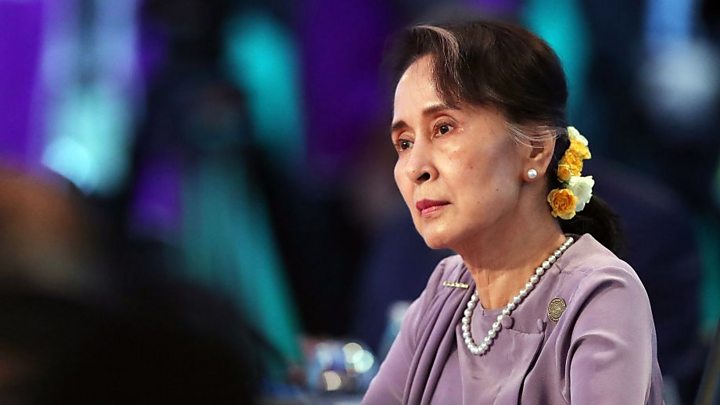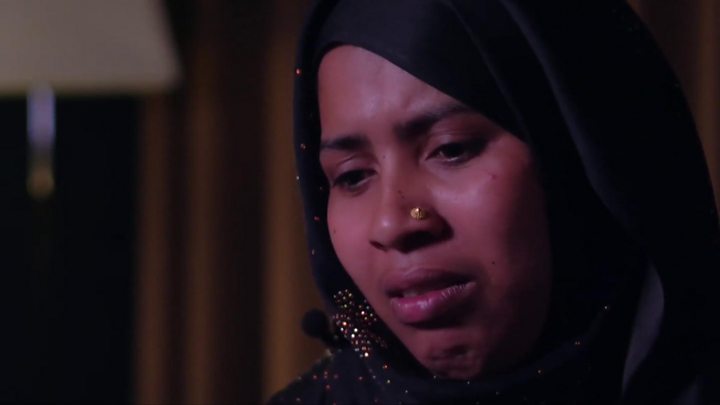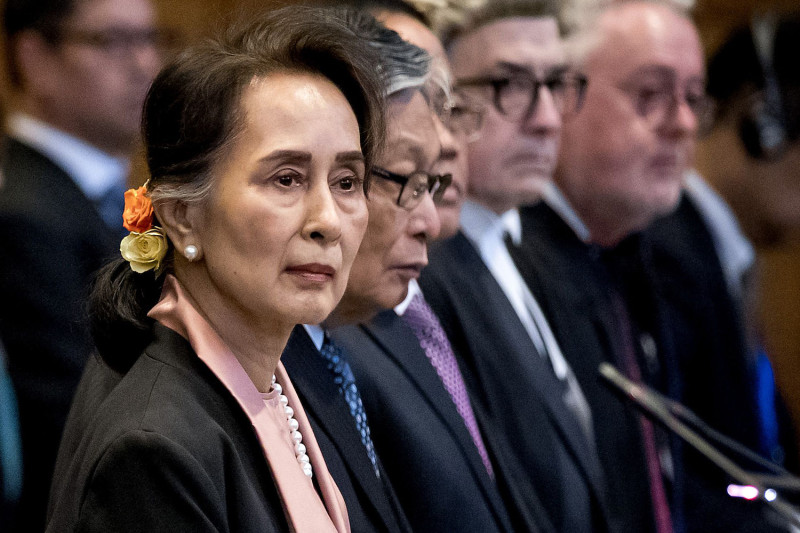Rohingya Genocide: Myanmar Govt Rejects ICJ Ruling
LAHORE MIRROR (Monitoring Desk)– Myanmar has responded defiantly to a ruling by the UN’s top court ordering measures to prevent the genocide of Rohingya Muslims.
The country’s Ministry of Foreign Affairs said it presented a “distorted picture of the situation”.
Thousands of Rohingya died and more than 700,000 fled to Bangladesh during an army crackdown in 2017.
The measures imposed by the International Court of Justice (ICJ) are binding and not subject to appeal.
However the ICJ has no way of enforcing them.
The case was lodged by the African Muslim majority nation of The Gambia. The ruling warned that genocidal actions could recur.
Myanmar’s Ministry of Foreign Affairs said its own commission, the Independent Commission of Enquiry, found that there had been no genocide in Rakhine state. However it did say that war crimes had occurred, and were being investigated and prosecuted by Myanmar’s national criminal justice system.
It also blamed condemnation by “human rights actors” for affecting Myanmar’s bilateral relations with some countries.
“This has hampered Myanmar’s ability to lay the foundation for sustainable development in Rakhine,” it added in a statement.
Myanmar, a predominantly Buddhist state, has always insisted that its military campaign was waged to tackle an extremist threat in Rakhine state.
During her defence statement at the court in The Hague, Myanmar’s de-facto leader Aung San Suu Kyi described the violence as an “internal armed conflict” triggered by Rohingya militant attacks on government security posts.

What did the court say?
The panel of 17 judges at the ICJ on Thursday voted unanimously to order Myanmar to take “all measures within its power” to prevent genocide, which they said the Rohingya remained at serious risk of.
These include the prevention of killing and “causing serious bodily or mental harm” to members of the group, as well as preserving evidence of possible genocide that has already occurred.
Presiding judge Abdulqawi Ahmed Yusuf said Myanmar should report back within four months on how it was implementing the ruling.

What now for Aung San Suu Kyi?
By Nick Beake, Myanmar correspondent, BBC News
This judgment has surely obliterated any remnants of Aung San Suu Kyi’s international reputation.
Remember, she didn’t have to go to The Hague and become the embodiment of Myanmar’s defence. She chose to argue, in person, there was no mass murder, rape or arson.
Even her biggest critics used to acknowledge she doesn’t control the still powerful Burmese army, but now she has destroyed the firewall between her and the generals by trying – and failing – to justify their actions.
So far, Myanmar has played by the rules of the International Court of Justice. But will it abide by these emergency measures?
SOURCE: BBC NEWS

